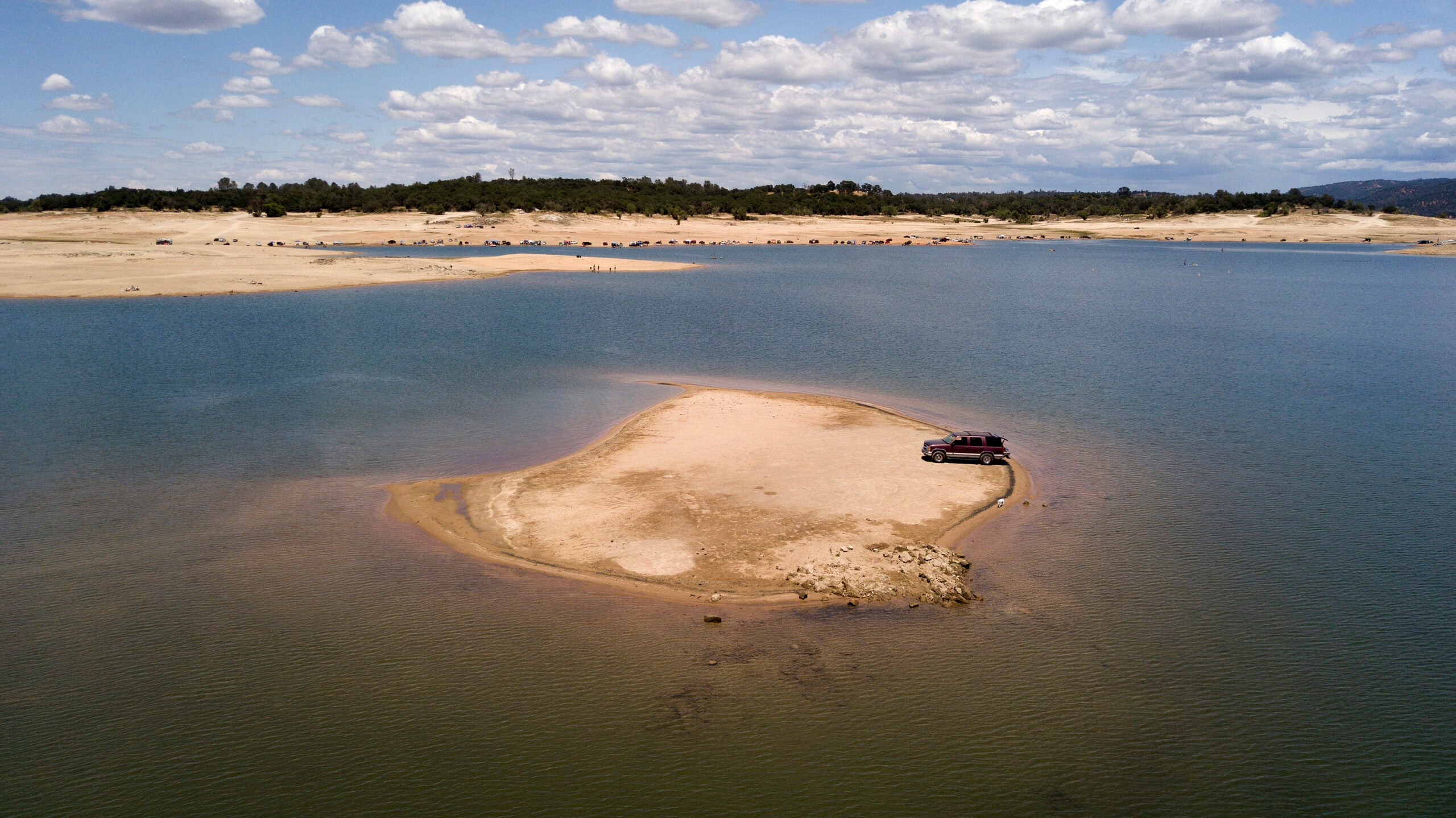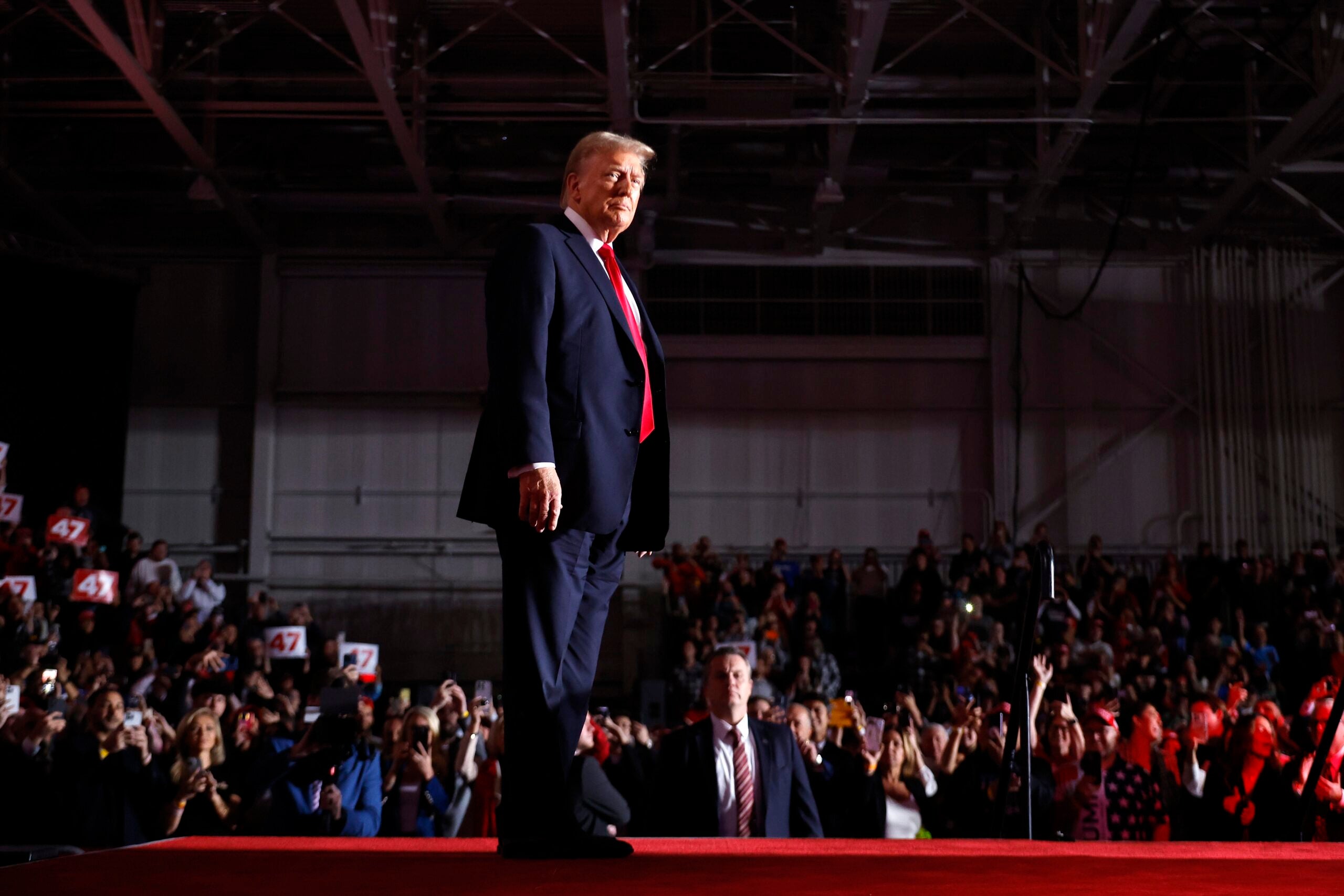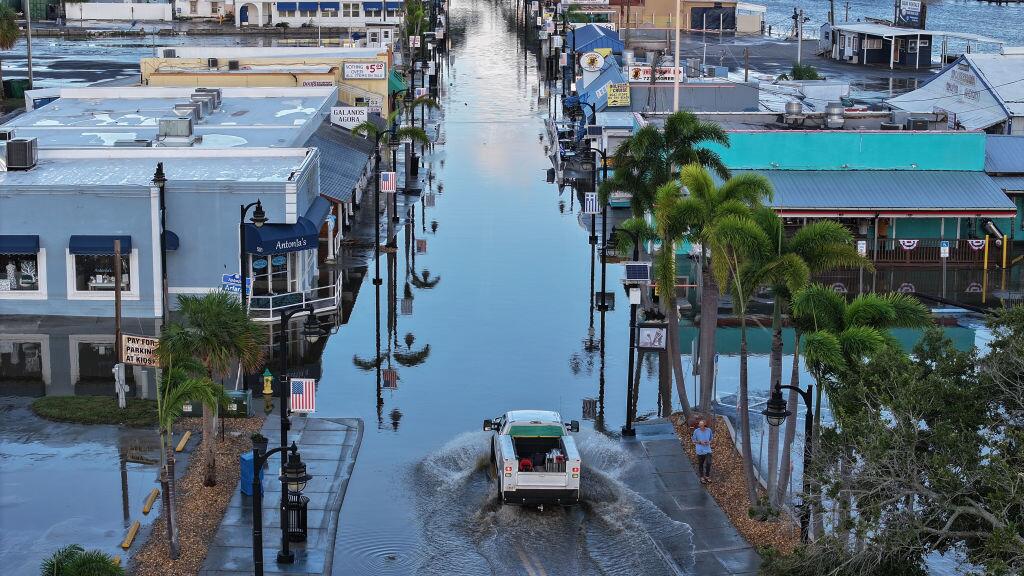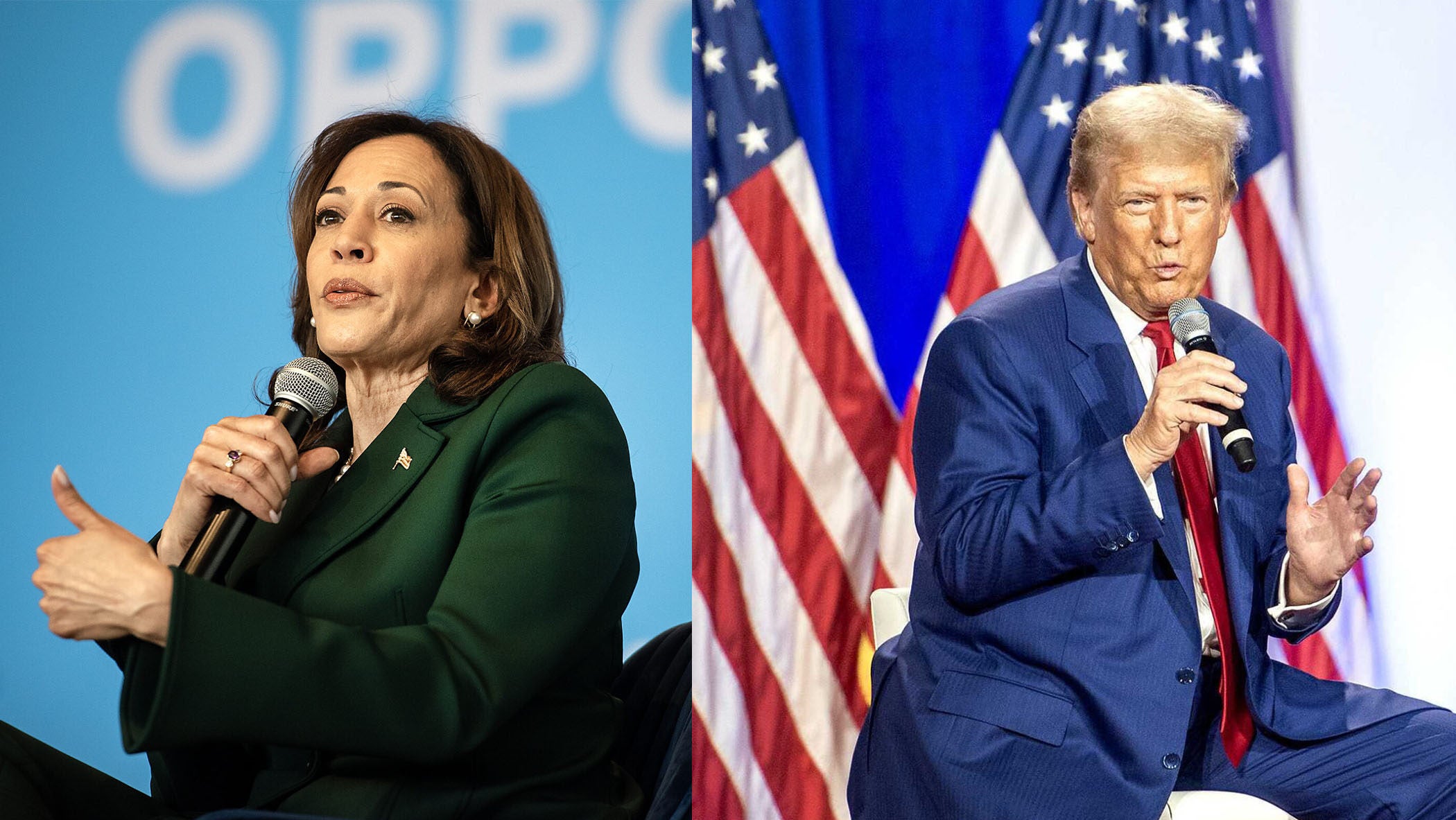A majority of Wisconsinites think climate change is a serious problem and support solutions such as taxing industries for pollution and increasing renewable energy sources to combat it.
But while the issue is gaining some bipartisan support among Wisconsin residents, bipartisanship is harder to see in the political dialogue emerging from the two major races in the state — for U.S. Senate and governor.
A survey conducted late last year by the University of Wisconsin-Madison’s La Follette School of Public Affairs found that 59 percent of state residents ranked climate change as “quite a problem” or “an extremely big problem” in the nation.
Stay informed on the latest news
Sign up for WPR’s email newsletter.
While Democratic respondents were more likely to see climate change as a serious problem, some Republicans were concerned with climate change as well, said Susan Webb Yackee, a professor of public affairs and director of the La Follette School.
“Traditionally, this issue has been viewed through the partisan lens, but the poll suggests there’s a fair number of Republicans that think climate change is a really big problem,” Yackee said.
But while a significant number of Republican respondents said climate change was an important issue and that they would support solutions to combat it, the issue isn’t being addressed very much by Republican candidates in the two marquee races. It also wasn’t clear how it ranks compared to issues that have dominated the conversation in 2022 such as inflation, gasoline prices or the effects of the Supreme Court’s decision to repeal the right to abortions.
Climate change is among a myriad concerns that are emerging in an unscientific survey Wisconsin Public Radio and the USA TODAY NETWORK-Wisconsin are conducting of Wisconsin residents. The Wisconsin Main Street Agenda project aims to learn more about what is on the minds of the state’s residents heading into the midterm elections.
The central question we’re asking residents to consider: What do you want the candidates to be talking about as they compete for your vote? The project is a collaboration among Wisconsin Public Radio and USA TODAY NETWORK-Wisconsin’s Ideas Lab along with the LaFollette School.
Alex Becker, a UW-Madison law student, responded to the survey and chose climate change as the issue that concerns him the most.
In a follow-up interview, Becker said actions taken now will be less costly than putting off a collective response. Originally from Amery, Becker is 25 years old and plans to vote this fall. He believes his age influences the urgency with which he views climate change.
“The baby boomer generation will be gone by the time the planet sees the consequences of their failures, then we’re stuck to live with it,” Becker said.
The La Follette poll said 51 percent of voters ages 18 to 29 said climate change was “an extremely big problem” at the national level, more than any other age group.
A majority of Wisconsinites see climate change as a pressing issue
A majority of Wisconsinites think more needs to be done to combat it, with 63 percent of La Follette poll respondents saying state government needs to do more. Among Democrats, 92 percent say that.
While the number of Republicans who think that is far smaller — 27 percent think Wisconsin needs to do more to address the issue — the La Follette poll results show that at least some in the party are seeing climate change as a problem.
According to the poll, 49 percent of Republican respondents said climate change was “quite a problem” or an “extremely big problem” in the nation, while 35 percent of Republicans said it was an issue in Wisconsin.
Again, that number is much higher among Democrats; 97 percent of them said it was “quite a problem” or an “extremely big problem” in the country and 91 percent said it was an issue in Wisconsin.
When the La Follette poll asked Wisconsinites about climate change solutions, it found broad bipartisan support.
La Follette School professor Gregory Nemet, whose research focuses on technological change in energy and its interactions with public policy, believes climate change is a growing concern because people are experiencing tangible effects of it.
“It’s becoming much more about current impacts people can see and feel and observe,” he said. “Not so much about modeling or predictions about how bad the problem will be in the future.”
Nemet said respondents across the political spectrum are more likely to support action against climate change when asked about specific policy solutions.
“More people support than oppose almost every policy that we asked about,” Nemet said.
The poll asked residents if they supported solutions to climate change, including taxing industries to remove pollution, increasing renewable energy, canceling fossil fuel projects and helping to pay for new technologies that directly remove carbon dioxide from the atmosphere.
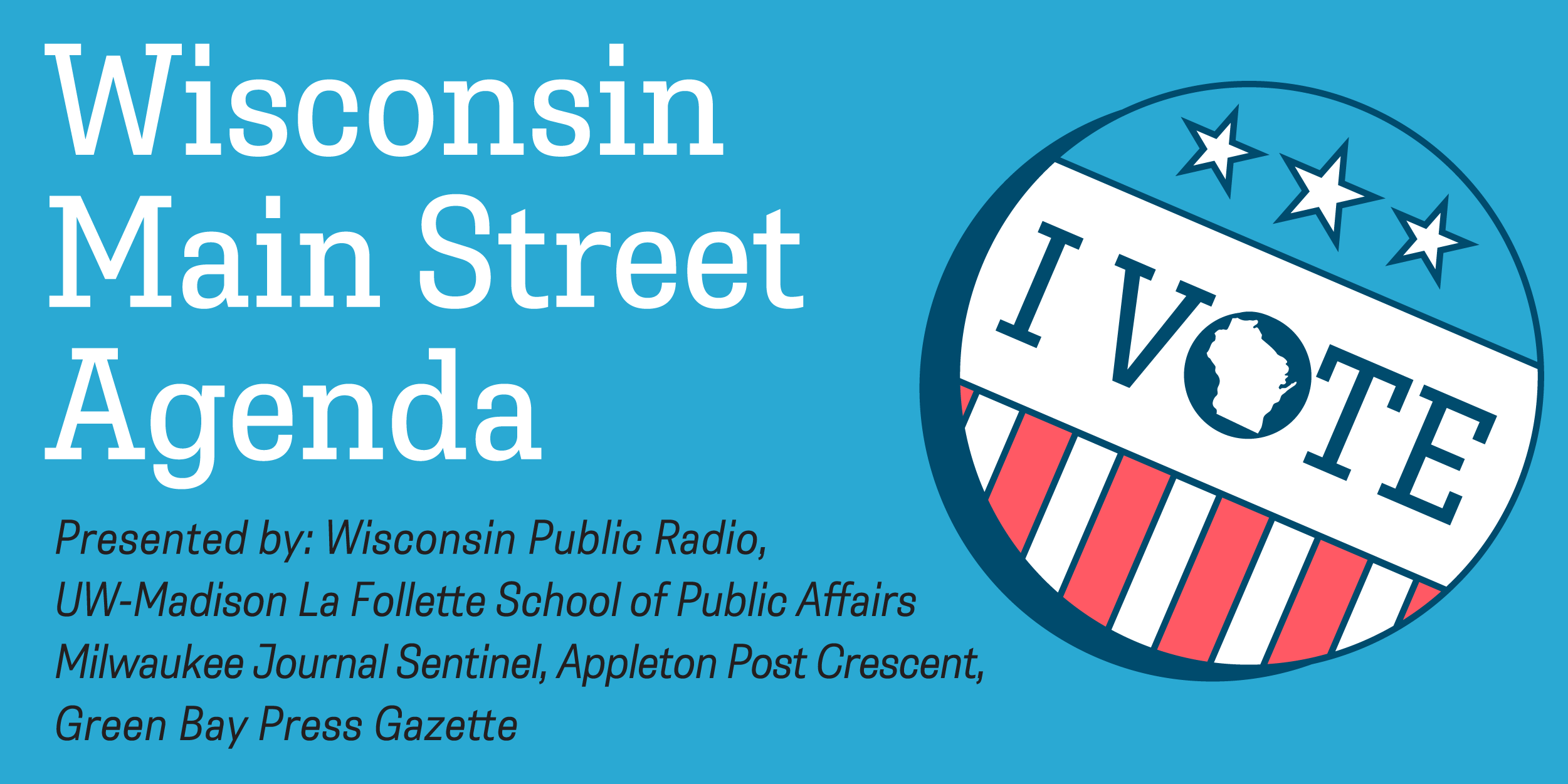
Democratic candidates are talking about climate change; Republicans largely are not
In line with poll results, Wisconsin’s Democratic candidates for governor and U.S. Senate list environmental concerns as top issues for their campaigns, while most Republican candidates aren’t saying much about it.
In line with the Democratic base, the party’s candidates for the U.S. Senate seat now held by Republican Ron Johnson all favor environmental policies to combat climate change.
Outagamie County Executive Tom Nelson, for example, has named the climate crisis as one of his campaign’s main issues. Nelson said he supports shutting down fossil fuel projects such as the Line 3 and Line 5 pipelines that transport crude oil and natural gas liquids in northern Wisconsin.
Fifty-two percent of Democrats and only 5 percent of Republicans strongly supported canceling such projects in the La Follette poll.
Lt. Gov. Mandela Barnes, who was appointed by Gov. Tony Evers to the Task Force on Climate Change that recommended avoiding new fossil fuel projects, entered the Senate race highlighting his experience on climate.
On the Republican side, leading candidates for governor don’t seem to see climate change as a major issue.
In a recent opinion piece for the Cap Times in Madison, for example, former Lt. Gov. Rebecca Kleefisch charged that Evers overregulated the energy industry and vowed to eliminate the Office of Environmental Justice if elected.
Still, many voters’ decisions may come down to more tangible and immediate issues. La Follette School associate professor Manuel Teodoro, whose research focuses on politics and public policy, said the candidates’ climate change positions may not sway Wisconsin voters.
“Voters may have strong opinions on the environment, but when it comes to the election, voters will likely base their votes on other issues like inflation or the economy,” Teodoro said.
Wisconsin Public Radio, © Copyright 2025, Board of Regents of the University of Wisconsin System and Wisconsin Educational Communications Board.
